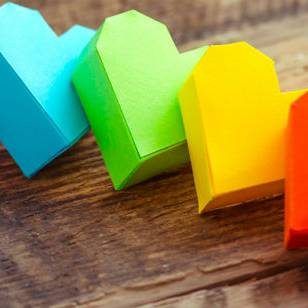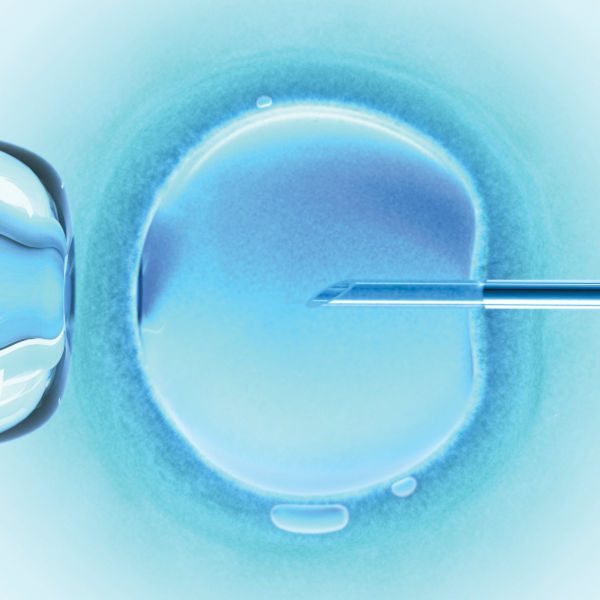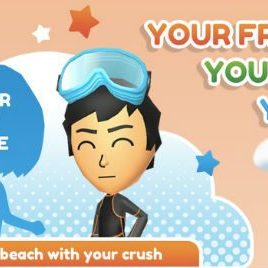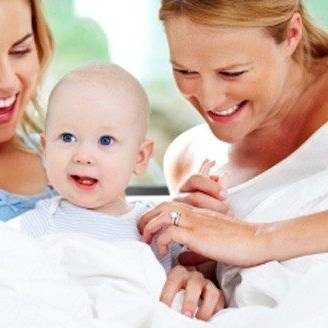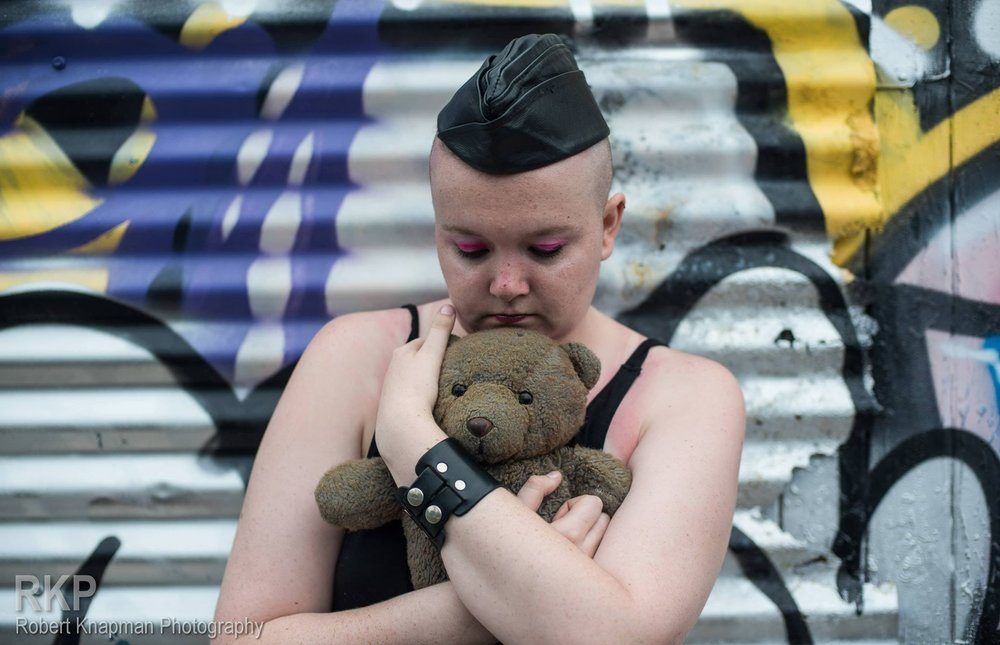
This is the story of a lesbian, two boys, and nine embryos.
It all started with a post I made on Facebook two years ago. “I don’t want to be a parent…” I’d opined “…but I’ve seen advertisements seeking egg donors online, and I’d consider that in a few years”. Little did I know some dear friends of mine would take me up on the offer.
Today marks eight days since I walked into an operating theatre to have an egg retrieval procedure done. I walked into the naked bar in a flimsy hospital gown. Sore and swollen, my ovaries had grown to three times their usual size, not to mention the rapid expansion of my hips, butt, and breasts. Apparently, they looked fantastic, though I felt like I was on a hormonal rollercoaster. ‘PMS on steroids’, one message to an understanding friend reads. My poor girlfriend got used to my uncontrollable crying every time I felt happy or sad.
In the months prior to this, my recipients, whom I affectionately refer to as ‘the boys’- two gay men I have known and loved for years, had walked a long and at times painful path to get to this point. Both successful in their chosen careers, emotionally and financially stable, the boys had explored other options for parenthood and found doors closed in their faces.
Surrogacy with an egg donor was probably their last chance. A friend had already agreed to be their surrogate – however, she didn’t want to use her own eggs. Sourcing the eggs from overseas was an option, however, the boys wanted their child to know their origins.
At age 25, I’m still not ready for children of my own. Possibly never. This process has shown me that fertility has a deadline, and it creeps up on many of us. I am a devoted fortnightly plasma donor, but I had believed that I would be blocked from donating eggs due to past struggles with depression, and taking antipsychotics following an assault back when I was 21.
The boys found a fertility specialist interstate with a track record for helping people that other clinics wouldn’t work with. My paperwork included questions about my life and why I wanted to donate. I talked about how I believe that creating a family is a human right, and not everyone has the same opportunity to do so. LGBTIQ+ people are frequently accused of ‘destroying’ the traditional family. In my experience, it’s homophobic institutions locking us out of parenthood, adoption or fostering through their own unfounded objections to homosexuality. This clinic didn’t make it particularly it easy for us. At least they’d agreed to help. The boys had approached nearly every clinic in Sydney and received downright offensive replies if any at all.
‘It always seems impossible until it’s done’
I’d injected hormones into my stomach for two weeks. I’d refrained from drinking socially for over four months, too scared of ruining the cycle. So many things could have gone wrong – but for once, everything went just right.
After I was anaesthetized, a fine aspirate needle on the end of a probe was passed through my vaginal wall. The specialist collected eighteen follicles, containing fourteen eggs. Despite my fears, it was a good day.
Today, the boys have nine embryos on ice. They’re all beautiful five-day-old blastocysts, with the possibility of implanting in the surrogate and developing into the child my friends desperately want.
People joke that for lesbian couples, pregnancy involves a turkey baster and a good male friend. I also know plenty of gay men who have donated sperm, both to friends, and to people, they have never met. Like many things in life, gamete donation is harder physically and emotionally for women.
For others, I hope that this journey to create a queer family makes the road easier. For myself, this will forever be a reminder that no matter what life throws at me, I gave my friends an opportunity for new life. And I’d do it again.

